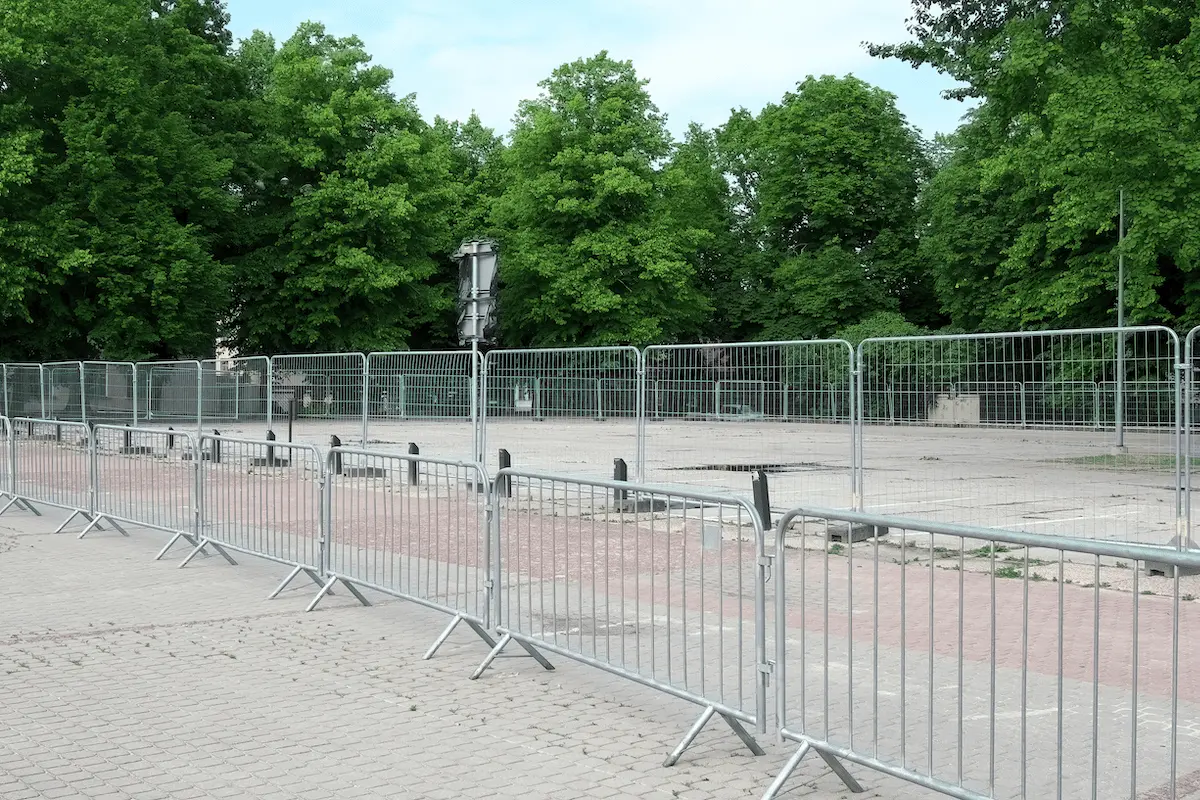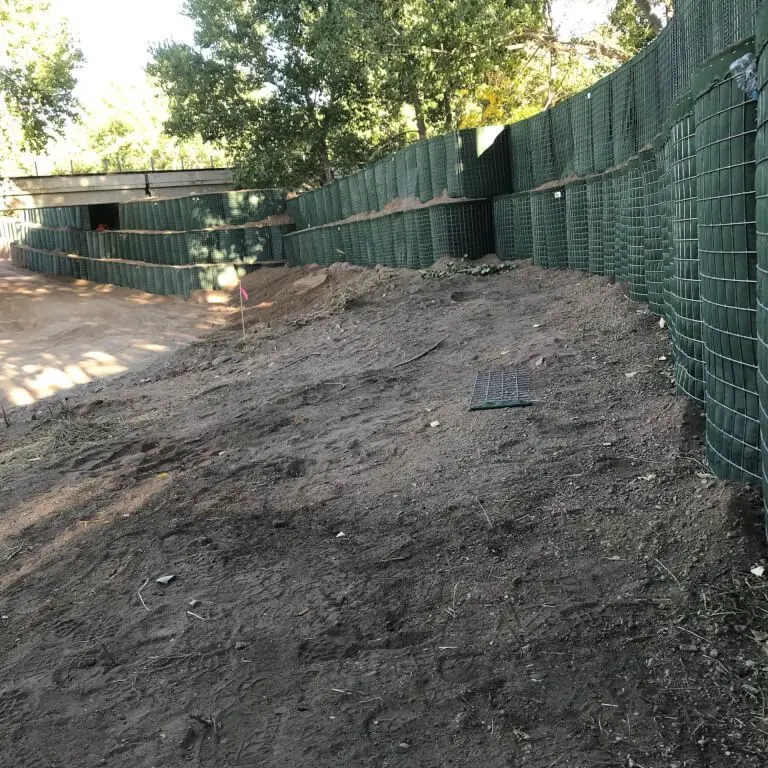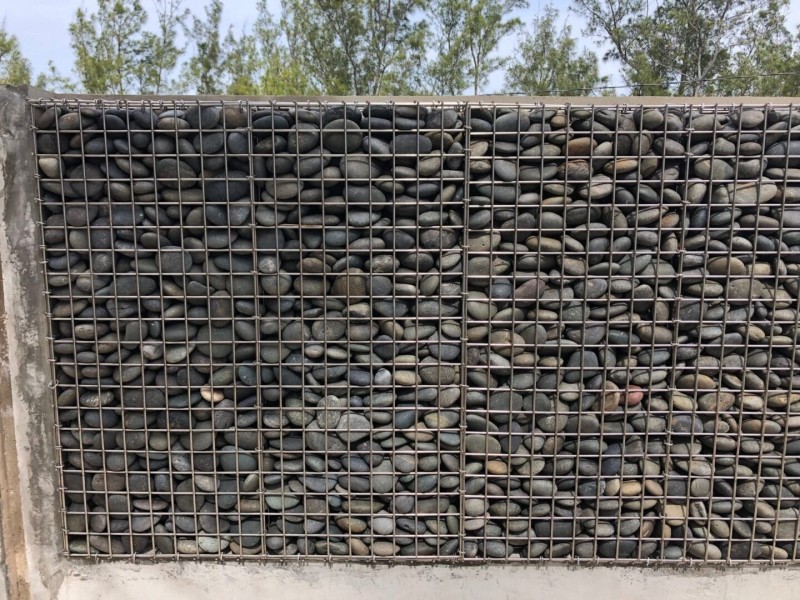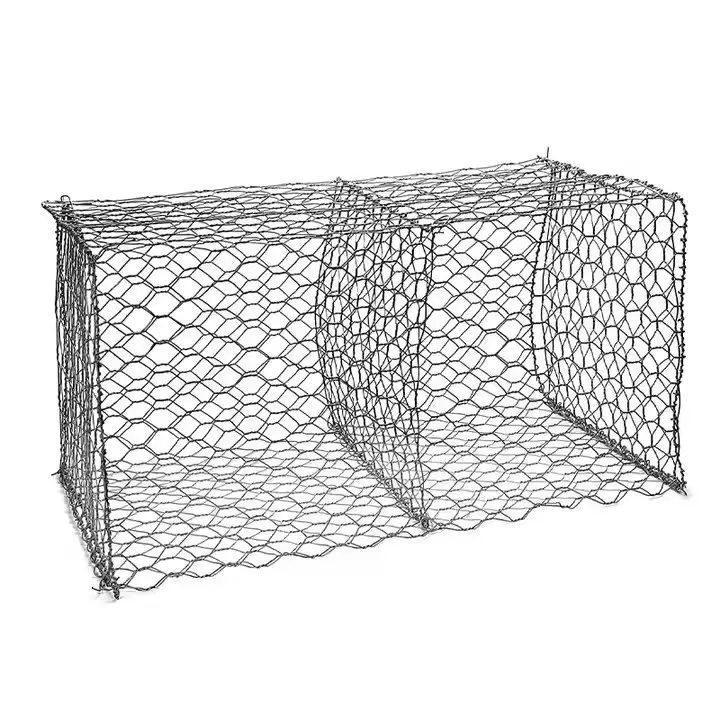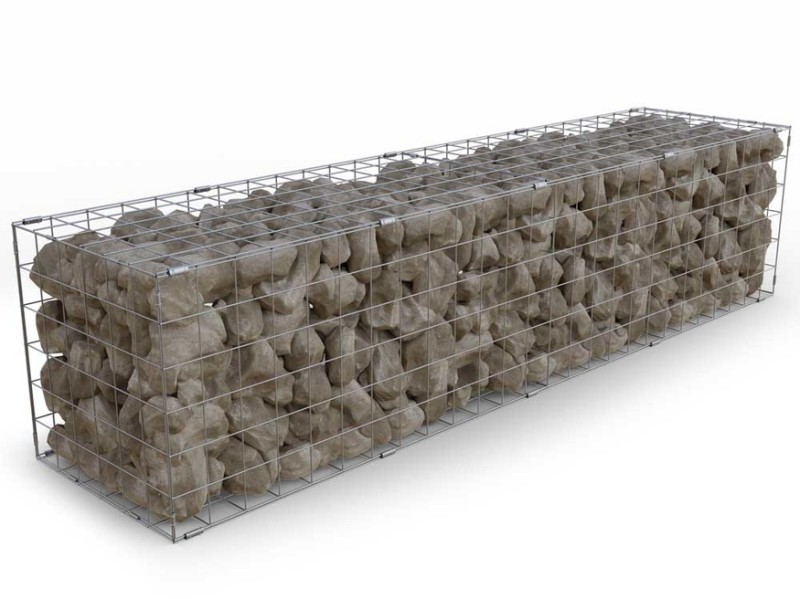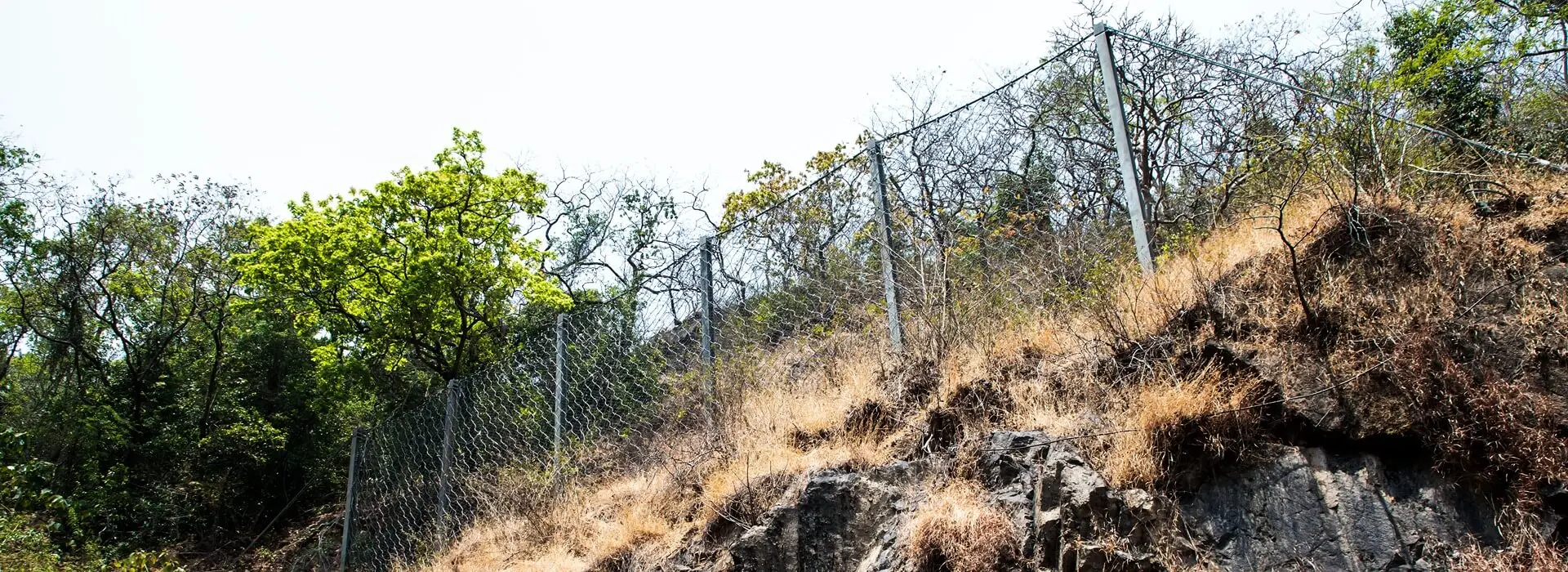Gabion Walls - The Most Effective Method for Soil Erosion Control
Soil erosion is a widespread problem in both urban and rural areas. If left unchecked, it can lead to the loss of topsoil, which is essential for planting and vegetation growth.
Gabion walls are primarily used to moderate runoff velocity while screening the soil it carries. They are also used to mitigate seepage problems on slopes. Seepage problems occur primarily on loose soils. They can also be used in areas where soil and water problems exist where land conditions, water velocity, water turbulence, and expected vegetation cover are likely to erode the soil at design flow conditions.
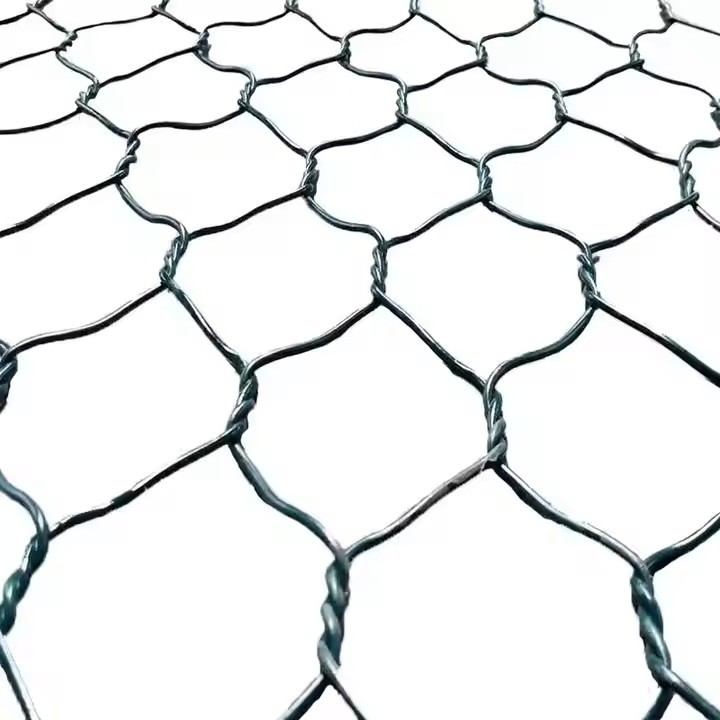
Advantages of Gabions Over Other Erosion Control Methods
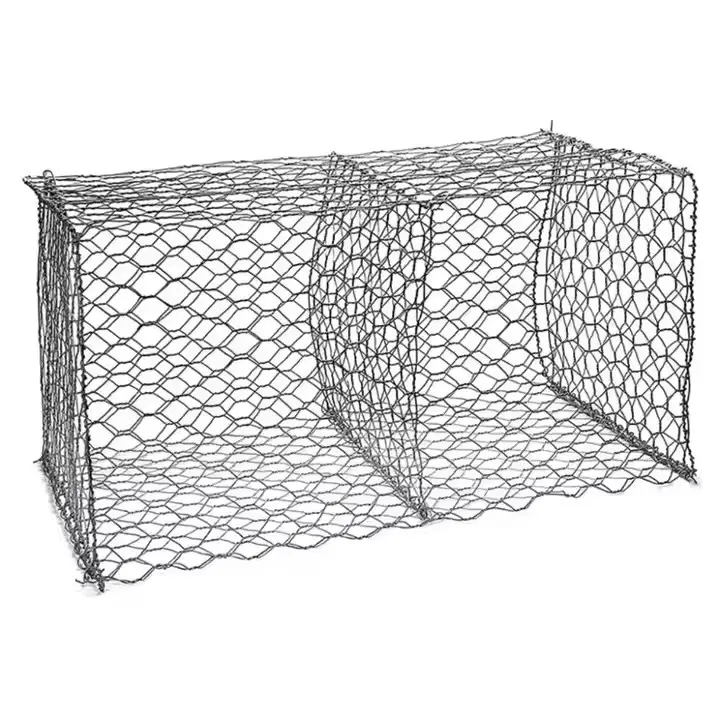
Durability
Gabions are the most durable of all soil erosion control methods. Gabions also have a strong resistance to atmospheric corrosion due to the zinc coating bonded to the wire mesh and the optional PVC coating. The top of the gabion wall can also support plant growth, act as a barrier against inclement weather, and provide additional reinforcement by interlocking with the soil on site.
Permeability
Gabion walls drain easily and quickly, eliminating the need to lay drain pipes in most cases.
Flexibility
Gabion walls can settle and deform without reducing their efficiency. This makes them particularly useful in situations where water flows and the ground is unstable.
Economical
Gabion walls are more economical in both labor and materials compared to other alternatives, especially when fill material is available on site.
Strength
Gabion walls are extremely strong and stable, making them particularly suitable for resisting flooding, flooding, earth pressure, and ice pressure.
Environmentally friendly
Recycled materials can be used as fillers and placed in gabions. The soil in the gaps between the fillers allows vegetation to grow over time. In addition, the materials used in the construction of gabions are not affected by natural factors, so there is no impact on the environment.

